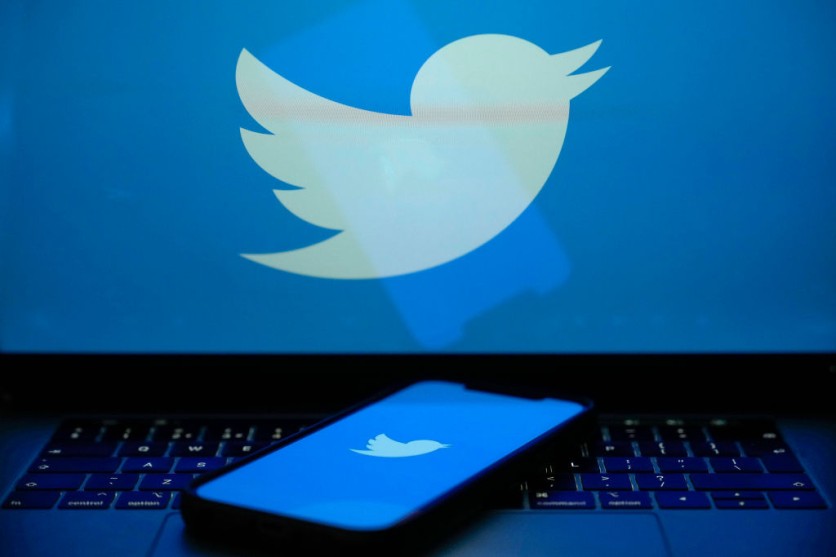A new study presented at the European Congress on Obesity reveals a predominantly negative sentiment surrounding tweets about obesity.

Tweets Surged During Political Events
Researchers from Switzerland and the UK found that Twitter activity surged during major political events, including discussions about Donald Trump's weight during his presidency and an obesity campaign launched by Boris Johnson in the UK.
Dr. Jorge Correia, a researcher from the University Hospitals of Geneva, emphasizes the importance of understanding public attitudes and perceptions toward obesity to develop effective health policies and prevention strategies.
"Understanding the public's attitudes to, and perceptions of, obesity is key to the formulation of effective health policies, prevention strategies, and treatment approaches," Dr. Correia said in a statement.
"In this study, we have leveraged the wealth of information available on Twitter to explore the sentiments of the public, celebrities, and other influential people and important organizations such as the World Health Organization and the Centers for Disease Control and Prevention (CDC)."
By leveraging Twitter data, the researchers employed advanced AI methods to perform sentiment analysis and classify tweets into positive, negative, and neutral categories. They also identified the main topics discussed.
Read Also : Obesity Gene: Researchers Find the Reason for One's Overeating, Links to Insulin Resistance, and MORE
Negative Sentiments
The analysis included 25,580 tweets about obesity posted between December 2019 and December 2021. Results indicated that a significantly higher percentage of tweets (72.97%) expressed negative sentiments, followed by neutral (18.78%) and positive (8.25%) sentiments.
Twitter activity surged during notable political events, such as when Nancy Pelosi, Speaker of the House of Representatives, referred to Donald Trump as "morbidly obese."
Around 94% of the related tweets displayed negative sentiments. Dr. Correia suggests that negative portrayals of obesity by influential figures can increase stigma and spread misinformation, potentially harming public health.
During the launch of an obesity strategy by Boris Johnson in the UK, there was a notable surge in Twitter activity, which faced considerable public backlash. Around 73.9% of the tweets posted during this time expressed negative sentiments.
The analysis encompassed 243 topics, ranging from childhood obesity, COVID-19 vaccination, and racism to high obesity rates among minorities and many more.
Among these, tweets concerning COVID-19 vaccination for individuals with obesity garnered the most attention, followed by discussions regarding Nancy Pelosi's comments on Donald Trump.
Surprisingly, the third largest group of tweets came from research teams discussing their work on obesity, while racism towards Black people ranked as the fourth most tweeted topic.
Negative tweets frequently emphasized the rise in hospitalizations and fatalities caused by COVID-19 among individuals with obesity while also attributing blame to individuals for their weight.
The researchers stress the need to address obesity holistically. Dr. Correia emphasizes the importance of investments in various aspects of obesity healthcare, including improving health information, raising awareness, reducing stigma, and developing effective interventions.
They suggest running campaigns on platforms like Twitter in collaboration with other social media platforms and public and third-sector organizations to improve public knowledge about obesity.
Related Article : Obesity Rates Rise in the US; Is It Because of Increased Tech Use During the Pandemic?

ⓒ 2025 TECHTIMES.com All rights reserved. Do not reproduce without permission.

![Best iPads that Students Can Use in School [2025]](https://d.techtimes.com/en/full/461431/best-ipads-that-students-can-use-school-2025.jpg?w=184&h=103&f=516289300e12e9647ef3d5bd69f49b70)


